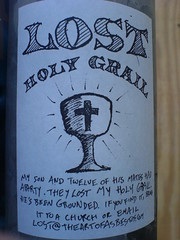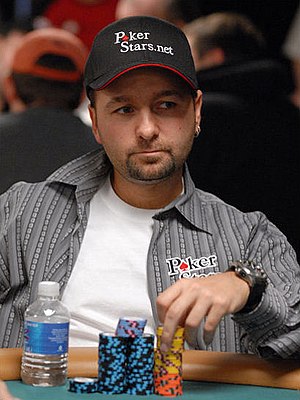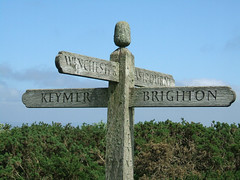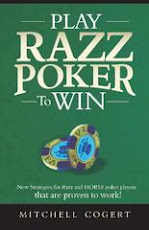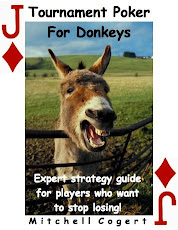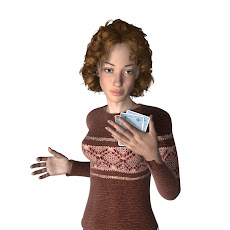In poker, you want to make the best decision on each hand you are dealt.
There are many var
 Image via Wikipedia
Image via Wikipedia
While I was flying back from the East Coast, I started to list these variables as I wanted to find a way to improve poker decisions. Here is what I listed.
Three Main Buckets
There are three buckets to consider before deciding what to do in each hand of poker. I call them the Status, Option and Decision buckets.
1. Status: "What is your situation at this point in the game?"
The variables I listed in this Status bucket are:
What stage of the event are you in?
What percentage of time is remaining in this round?
What is your chipstack compared to the big blind?
What is your position relative to the big blind?
Are the players at your table tight or loose, passive or aggressive?
Are the players in the blinds tend to protect their blinds?
You have not received your cards yet, but you should be leaning toward an action. While you may already being doing this early in the event when you have lots of chips relative to the blinds and later in the event when you have few chips relative to the big blind, why not consider all the variables in the bucket before you receive your cards.
2. Options: "What action is best, based on the action that happens before you?"
Your Status indicates what action you should be leaning toward, and your Options bucket forces you to take into account the actions of the players in front of you.
The variables I listed here include the following:
a) Pre-flop
What is the action in front of you?
What position is the player who took that action?
What is the chipstack of that player relative to the big blind?
What is that player's table image?
What is that player's betting pattern?
What is the mood of that player?
Do you have any tells on that player?
What are the pot odds and implied odds you are getting?
b) On the flop, turn and river, you also need to add in more variables like:
How many opponents are in the hand?
What is your relative position to the lead bettor and other players at the table?
What are the possible community cards that can help or hurt your hand?
What are the possible community scare card or cards that can help or hurt your hand?
Does your opponent make c-bets on the flop?
How big are these c-bets relative to the size of the pot and what do they tend to mean?
What are the pot odds you are getting?
What are the implied odds?
Once you've gone through all the variable in the second bucket, you are more focused as to what to do but there is still something else to consider: Your cards. Now you are ready to look at your cards pre-flop and evaluate your card strength post-flop.
3. Decision: "What is your final decision as to the action you will take?"
The decision you make should be much clearer now. But wait, before you do make that final decision, I have added a few more variables that often get overlooked:
What are the pot odds you are giving with your bet? Do you need to adjust the size of the bet to to get your opponents to call or fold?
If you are calling, have you taken the time to think about the power to raising, re-raising or moving all-in?
Especially on the river: If you fold your hand, and you would have won that pot, how much would that win increase your chipstack? If you call that bet and you are wrong, how much would that hurt your chipstack?
I am sure I have left things out in these lists, so please add in your thoughts. If nothing else, this post may help to remind you the importance of all the other variables to take into account before your cards.


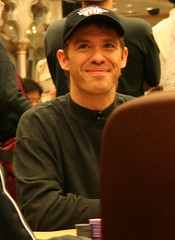
![Reblog this post [with Zemanta]](http://img.zemanta.com/reblog_e.png?x-id=68192fba-7436-4b7b-a61c-3d568793a95e)

![Reblog this post [with Zemanta]](http://img.zemanta.com/reblog_e.png?x-id=abd04d41-a2ae-4161-b3ac-ff9bc54639c7)

![Reblog this post [with Zemanta]](http://img.zemanta.com/reblog_e.png?x-id=a5ecba6f-1581-4e8f-a307-a319ba72d0af)
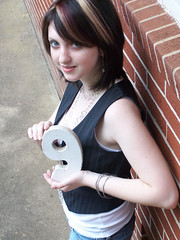
![Reblog this post [with Zemanta]](http://img.zemanta.com/reblog_e.png?x-id=cbe1784a-6d31-4193-b3b6-b52f7f544d83)

![Reblog this post [with Zemanta]](http://img.zemanta.com/reblog_e.png?x-id=0b42500c-c157-4824-8ddd-6aaa8a716033)

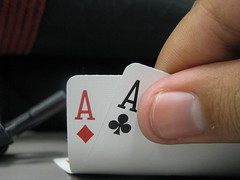
![Reblog this post [with Zemanta]](http://img.zemanta.com/reblog_e.png?x-id=93ce2e1a-9b51-4b28-91ab-6ecf0c54866f)


